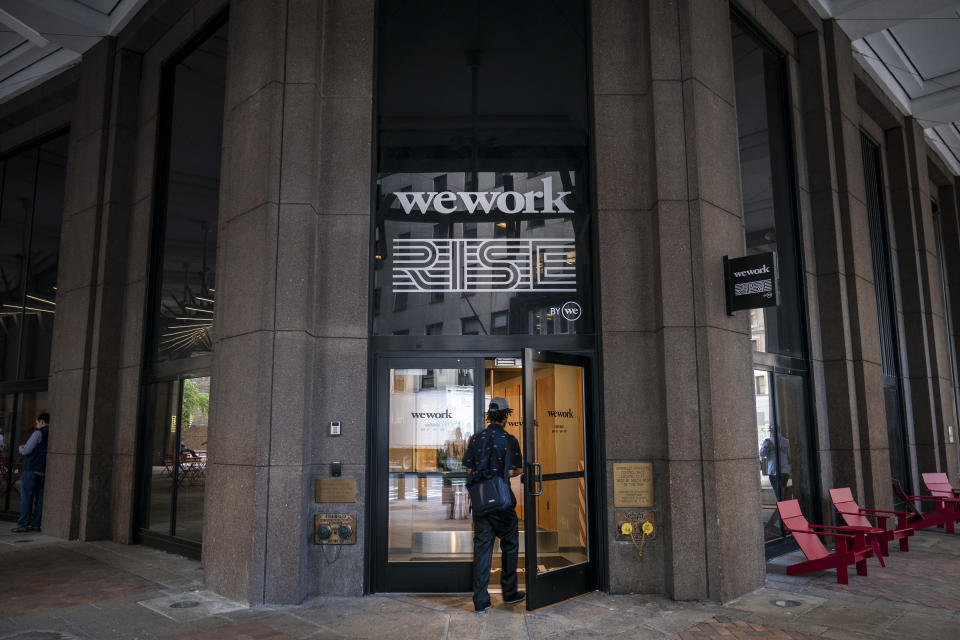Anyone investing in unicorn IPOs is 'gambling their money,' analyst says
As WeWork’s parent company continues to adjust its strategy ahead of going public, one analyst warns that investing in highly anticipated unicorns is “like trying to go to the blackjack table in Vegas.”
“Anybody playing those stocks is just gambling their money,” George Seay, co-founder and chair of Annandale Capital, told Yahoo Finance’s YFi AM.
“There’s this kind of urban myth that IPOs just go straight up once they come out and the reality is that most IPOs finish the first trading day at or below their offering price,” Seay explained. “These are businesses that lose gobs of money.”
The We Company recently made changes to its corporate governance structure on pressure from investors and and revised its anticipated valuation to about $20 billion, down from $47 billion.

“I think the Vision Fund investors are gagging right now in terms of how Softbank’s deploying their money,” Seay said.
Seay pointed to Palantir as an example of another company that has adjusted its IPO strategy based on the reality of profitability. The technologies services firm was slated to go public in 2019, but has slowed the momentum and likely will hold off until at least 2020 to begin trading.
“These companies are doing a great job raising a lot of equity capital they can use to keep on keeping on, but anybody investing in them you’re just rolling the dice,” Seay said. “It’s not a sure thing — in fact, it’s pretty much the opposite of that. It’s very, very risky.”
Follow Katie on Twitter.
Read more:
Why the dismal performance of super-unicorns will sink the We Company’s IPO
WeWork's business model is being undermined by a profitable player
WeWork 'has to give us a valuation that's reasonable': IPO expert
Read the latest financial and business news from Yahoo Finance
Follow Yahoo Finance on Twitter, Facebook, Instagram, Flipboard, SmartNews, LinkedIn, YouTube, and reddit.